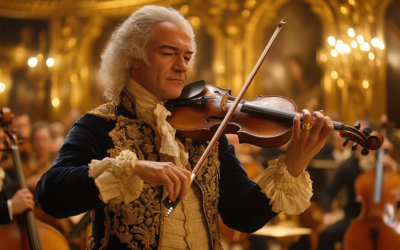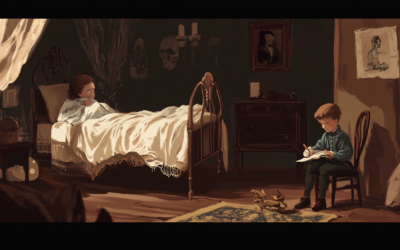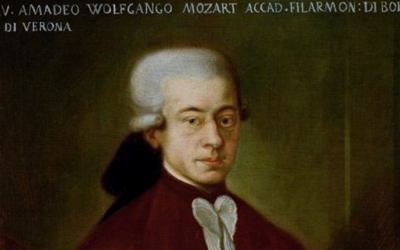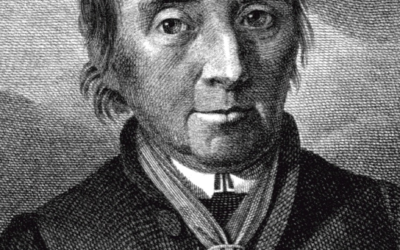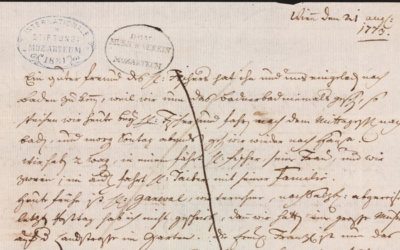The Return of Gatti's Aria
Our Revision Takes the Stage in Munich
In the magnificent Max Joseph Hall of the Residenz München, tenor Daniel Behle performed the aria “Puoi vantar le tue ritorte” by Luigi Gatti, taken from his opera Nitteti. This concertante piece, for which we composed the cadenzas, was brought to life by the Salzburger Hofmusik orchestra under the direction of Wolfgang Brunner.
Mozart: The Fall of the Gods
This book offers a fresh and critical look at the life of Wolfgang Amadeus Mozart, challenging the myths that have surrounded him for centuries. We strip away the romanticised image of the “natural genius” and delve into the contradictions within Mozart’s extensive biographies. Backed by nearly 2,000 meticulously sourced citations, this work invites readers to explore a deeper, more complex understanding of Mozart. Perfect for those who wish to question the traditional narrative, this biography is a must-read for serious music lovers and historians.
"It’s a pleasure to breathe new life into such a powerful, yet overlooked piece of music."
@MozartrazoM
We first introduced this virtuosic and spectacular music in its modern premiere in Bayreuth, where it was met with great enthusiasm. Given its success, we were thrilled to see it performed again in Munich.
Earlier this year, on 24th April, we had the opportunity to discuss this work in detail during our lecture at Bocconi University, explaining the intricate revisions we made to Gatti’s original composition. This marks another exciting milestone in reviving forgotten gems of 18th-century music and bringing them to modern audiences.
You May Also Like
The Violin Concertos: Mozart’s Borrowed Genius
Mozart’s violin concertos are often celebrated as masterpieces, but how much of the music is truly his? This article delves into the complexities behind the compositions and challenges the authenticity of some of his most famous works, revealing a story of influence, imitation, and misattribution.
#2 The Hidden Truth of Mozart’s Education
In this video, we uncover the hidden truth behind Wolfgang Amadeus Mozart’s early education and challenge the long-held belief in his effortless genius. While history often celebrates Mozart as a child prodigy, effortlessly composing music from a young age, the reality is far more complex.
The London Notebook
The London Notebook exposes the limitations of young Mozart’s compositional skills and questions the myth of his early genius. His simplistic pieces, fraught with errors, reveal a child still grappling with fundamental musical concepts.
The Mozart Question
In this revealing interview, we delve into the lesser-known aspects of Wolfgang Amadeus Mozart’s life, challenging the long-standing myth of his genius. A Swedish journalist explores how Mozart’s legacy has been shaped and manipulated over time, shedding light on the crucial role played by his father, Leopold, in crafting the career of the famed composer.
Georg Nissen and the Missing Notebooks
After Mozart's death, his widow, Constanze, found a steadfast partner in Georg Nikolaus von Nissen, a Danish diplomat who dedicated his life to preserving the composer's legacy. Nissen not only compiled an extensive biography of Mozart but also uncovered and...
Letters Under Surveillance
In a world without privacy, Leopold Mozart’s letters were carefully crafted not just to inform but to manipulate perceptions. His correspondence reveals a calculated effort to elevate his family’s status while avoiding any mention of failure or controversy.


